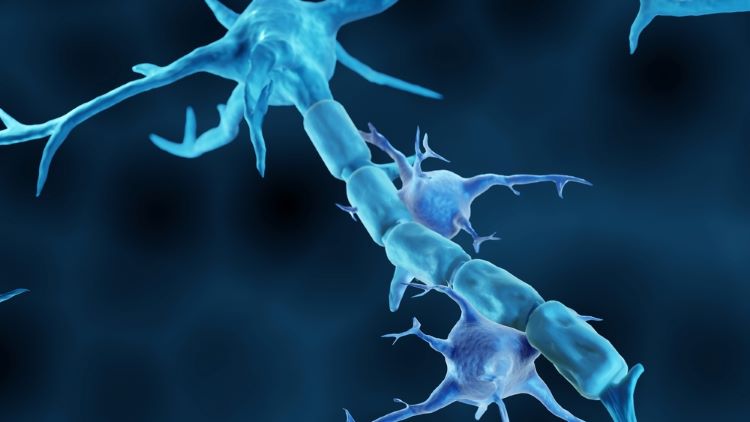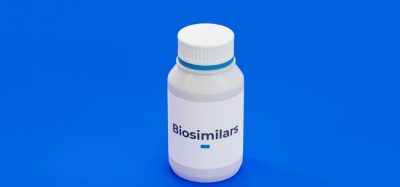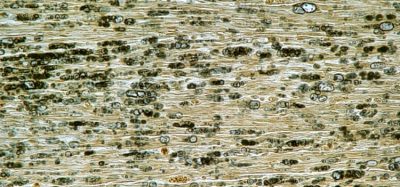New multiple sclerosis treatment option granted in EU
Posted: 25 June 2024 | Catherine Eckford (European Pharmaceutical Review) | No comments yet
The newly authorised formulation of the anti-CD20 therapy provides certain multiple sclerosis patients with another treatment option comparable to intravenous infusion.


The European Commission has approved the first twice-yearly injection for relapsing and primary progressive multiple sclerosis (RMS and PPMS). Roche highlighted that as a 10-minute injection, OCREVUS ® (ocrelizumab) subcutaneous has the same twice-yearly schedule as the intravenous (IV) infusion, which was the first therapeutic to be approved for both RMS and PPMS.
OCREVUS is a humanised monoclonal antibody designed to target CD20-positive B cells. The subcutaneous formulation was developed to offer patients an alternative twice-yearly treatment option, in addition to intravenous administration, Roche noted.
The company confirmed that preclinical studies have shown that the biologic OCREVUS “binds to CD20 cell surface proteins expressed on certain B cells… not on stem cells or plasma cells”. This indicates that the treatment can help to preserve important immune functions in the body.
Now, people in the EU with multiple sclerosis can have their medicine administered in just 10 minutes twice per year without needing an IV facility”
“OCREVUS transformed the way multiple sclerosis is treated as the first anti-CD20 therapy approved in this disease. Now, people in the EU with multiple sclerosis can have their medicine administered in just 10 minutes twice per year without needing an IV facility,” Dr Levi Garraway, PhD, Roche’s Chief Medical Officer and Head of Global Product Development. “This makes it easier for more people with multiple sclerosis to access their treatment, while also saving time for providers.”
Clinical evidence for efficacy of OCREVUS
Authorisation of this treatment for the central nervous system autoimmune condition in the EU is based on data from the Phase III OCARINA II trial. Findings showed non-inferior levels of subcutaneously administered OCREVUS in the blood. The safety and efficacy of this administration method was comparable to the intravenous formulation. Importantly, one-year data from the trial found that participants experienced a relapse suppression rate (no relapse) of 97.2 percent, over 48 weeks of treatment.
This one-year data for OCREVUS SC was presented in April this year at the 2024 American Academy of Neurology (AAN) Annual Meeting.
Related topics
Big Pharma, Biologics, Biopharmaceuticals, Clinical Development, Clinical Trials, Data Analysis, Drug Markets, Drug Safety, Industry Insight, Regulation & Legislation, Research & Development (R&D), Technology, Therapeutics








